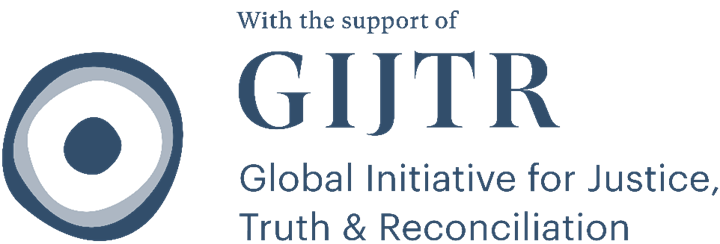...women in different regions.58 III.6 States must address CRSV committed by private actors🔗 Under article 2(e), States must eliminate discrimination against women by any private actor, including national corporations operating extraterritorially in conflict-affected areas, armed groups, paramilitaries, private military contracts, organised criminal groups and vigilantes.59 The international responsibility of a State may be engaged if: The acts or omissions of private actors empowered by that State to exercise governmental authority, including private bodies providing public......consult the “International Human Rights Law” chapter, “Introduction” section, and the “Introduction” chapter, “Methodology” section. III. Obligations🔗 Prevention🔗 III.1 States must criminalise CRSV🔗 Under article 2, States must adopt legislative and other measures prohibiting all forms of discrimination against women. States have a due diligence obligation ‘to prevent violence or violations of human rights, protect victims and witnesses from violations, investigate and punish those responsible, including private actors, and provide access to redress for human......private actors’, and adopt specific protection measures for women and girls, including those who are internally displaced or refugees; Supervise recruitment agencies and training centres due to their role in facilitating migration. States should monitor human rights abuses such as ‘illegal recruitment processes, including the traffickers of migrant women for forced labour and sexual exploitation’, and impose substantial penalties on companies ‘that fail to respect the rights of the employees they recruit’;121 Ensure that the......authorities; Consultation processes over economic activities by State and private actors in Indigenous territories; Public service and decision-making positions at the local, national, regional, and international levels; Their work as human rights defenders;160 In line with Security Council resolutions, ensure and create spaces for Indigenous women and girls to participate as decision-makers and actors in peacebuilding efforts and transitional justice processes;161 Ensure the equal participation of Indigenous women and girls at all levels ‘in the......should prioritise ‘the agency, wishes, decisions, safety, dignity and integrity’ of victims/survivors.265 Victims/survivors of trafficking. Victims/survivors of trafficking often encounter significant difficulties in claiming compensation and other forms of reparation, including damages, for the harm suffered at the hands of either public or private actors.266 States should: Refrain from making redress conditional upon cooperation with law enforcement authorities; Provide victims/survivors with access to ‘high-quality, gender-sensitive, trauma-informed legal aid and representation’; Refrain from linking residency permits to criminal...

 EN
EN FR
FR ES
ES UK
UK



